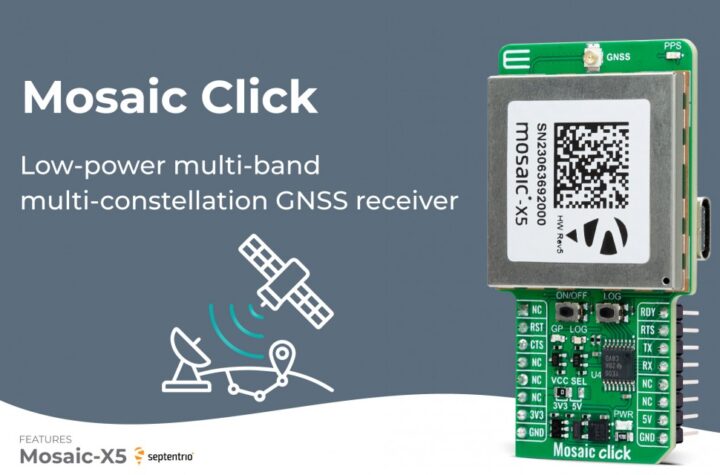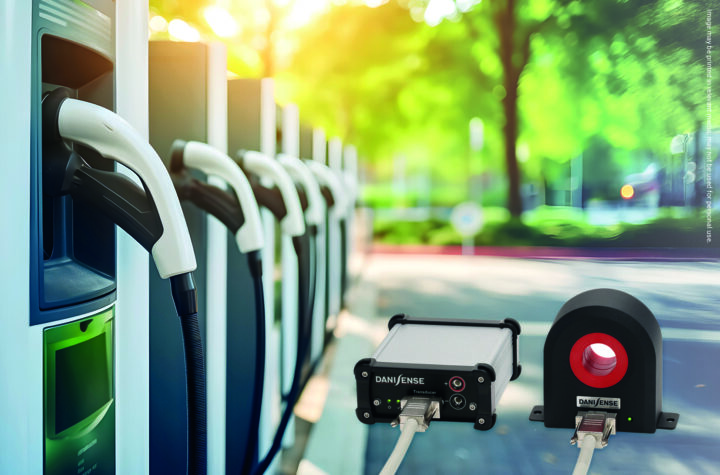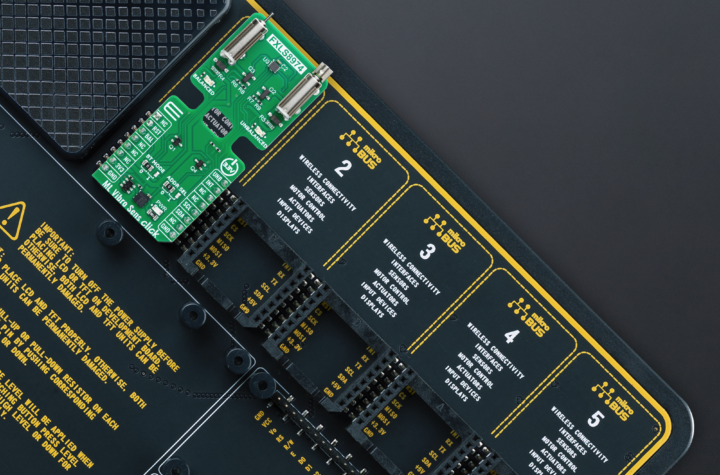
More than 80 design engineers from leading manufacturing companies and research institutions gathered at the 2012 Optimus World Conference in Munich, Germany. This milestone event offered them great opportunity to share successful optimization projects, and learn about the benefits of process integration and design optimization (PIDO). Keynote speakers from Snecma, Federal-Mogul and Audi explained how PIDO enables product development teams to differentiate and efficiently incorporate targeted brand values. Industry presenters showed how they apply automated ‘Engineer by Objective’ optimization strategies, covering multiple engineering disciplines, to increase customer satisfaction and product profitability.
Snecma, Federal-Mogul and Audi keynotes
In Hotel Novotel München Messe, Noesis Solutions welcomed speakers, participants and partners from Belgium, China, France, Germany, Italy, Japan, The Netherlands, UK and USA.
Hans Wynendaele, Noesis Solutions CEO, opened the conference and introduced the keynote addresses from Optimus customers Snecma, Federal-Mogul and Audi. The speakers highlighted the role of virtual prototyping in the development process of aircraft turbomachinery blades, combustion engine pistons and vehicle body structures, respectively. They emphasized the importance of process integration and design optimization (PIDO) as a key enabler to efficiently converge toward optimized designs.
‘Engineer by Objective’ delivers better products faster
The parallel presentation tracks featured a mix of industry and research related design optimization cases. The topics covered different performance aspects of spacecraft, rotorcraft, cars, trucks and hybrid vehicles as well as individual part optimization projects in industrial, medical and green energy applications.
The projects brought forward illustrated that this ‘Engineer by Objective’ approach is much more efficient and targeted than traditional simulation-based development efforts. Optimus is a leading PIDO solution that design engineers use to gain up-front insight into the product performance that is within reach. The automated Optimus process frees users from repetitive manual model changes and data processing, while efficiently identifying design space regions containing leading candidate designs. These product designs meet a combination of objectives set by multiple (often competing) performance targets as well as design constraints imposed by manufacturing realities and stringent regulatory and standardization requirements.
Driving product development and industrial research
Most presenters were delegates from manufacturers in automotive, aerospace and other industries, including Asahi, Audi, BMW, CENAERO, Thales Alenia Space, Tyco Electronics and Volkswagen. They explained how Optimus helps resolve their multi-disciplinary engineering challenges by enabling state-of-the art process integration and design optimization (PIDO) practices strengthening the virtual prototyping process. Adopting this development approach better leverages virtual prototyping investments and improves simulation-based design processes.
The other presenters were academic researchers from universities in Cranfield (UK), Ghent (BE), Delft (NL), Hamburg (DE) and Turin (IT). Their contributions showed that Optimus plays an important role in academic research studies and industrial research projects sponsored by official organizations including the European Commission.
About Noesis Solutions
Noesis Solutions, a subsidiary of Cybernet Systems Co. Ltd. in Japan, is an engineering innovation partner to manufacturers in automotive, aerospace and other advanced engineering industries. Specialized in simulation process integration and numerical design optimization, its flagship product Optimus focuses on resolving customers’ toughest multi-disciplinary engineering challenges. Noesis Solutions operates through a network of subsidiaries and representatives in key locations around the world.















More Stories
Mosaic Click board from MIKROE delivers global coverage multi-band and multi-constellation tracking ability
Current transducer from Danisense selected for DC charging station testing device demonstrator at TU Graz
New Click board from MIKROE helps develop and train ML models for vibration analysis